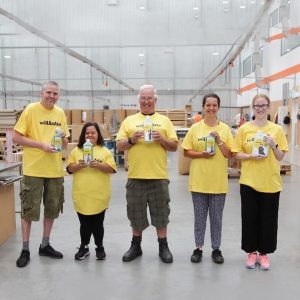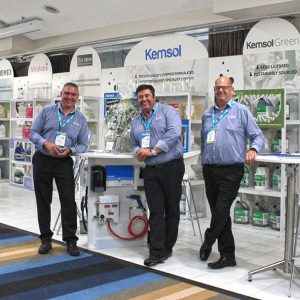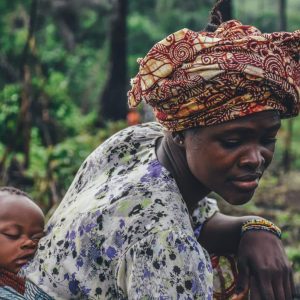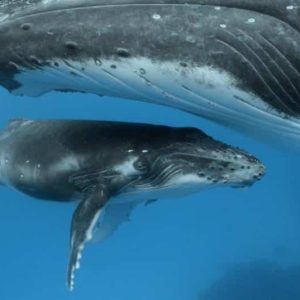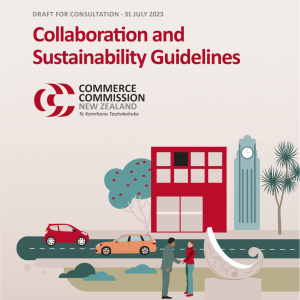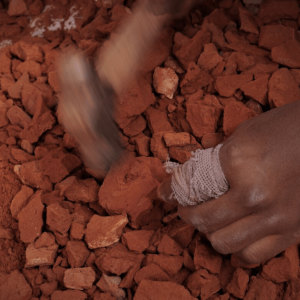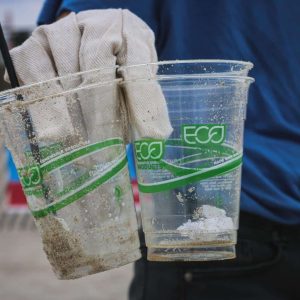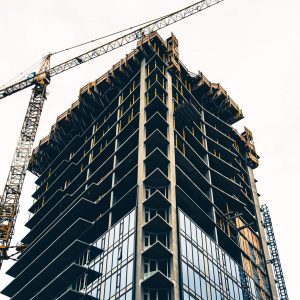Stay informed with our latest news and insights on sustainability and green innovation.
Learn about issues affecting our environment, the industry game-changers who are making a difference and solutions you can be part of. To get freshly published news, articles and resources delivered straight to your inbox, subscribe to our newsletter.
Filter by Type
Will & Able has always been committed to creating environmentally preferable cleaning products, grounded firmly in the concept of a circular economy. In just three months, they completed the certification process and synchronied it with the launch of their refreshed...
30 years ago, Chemical Solutions were founded on a bit of a radical notion: that a company can be successful in a marketplace by developing and manufacturing safe and environmentally responsible cleaning products. However, they knew that formulating great cleaning...
It’s thought the first New Years’ resolutions originated around 4,000 years ago with the ancient Babylonians making promises to repay their debts and return borrowed items to their rightful owners. And while many of us now opt for 12-month gym...
A lot of things that have surprised me at COP28. The weird little electric train that looks like it belongs at Rainbow’s End, transporting suited and booted delegates from one end of Expo City to the other. Walking smack bang...
There hasn’t been a lot to celebrate at COP28 over the past 24 hours. To keep global warming to 1.5 degrees Celsius, the countries that make up the Conference of the Parties, needed to agree on a phase-out of fossil...
The country’s official ecolabel is calling on Consumer NZ to modernise its approach to product testing, and provide much-needed context when comparing environmentally-preferable products with standard items. Eco Choice Aotearoa has certified products and services for more than 30 years,...
Eco Choice Aotearoa has submitted feedback on the Commerce Commission’s draft Collaboration and Sustainability Guidelines. The guidelines are intended to ensure ‘sustainability’ is not used as an excuse for anti-competitive behaviour. However, the ecolabel is concerned in their current form,...
– If your company relies on exploiting people to be profitable, you shouldn’t be in business – If you don’t have the time or inclination to conduct due dilligence on your suppliers, you shouldn’t be in business. – If you...
Aotearoa New Zealand has a problem with greenwashing, and seemingly, no plans to remedy it. This comes at considerable cost to consumers, businesses who are working bloody hard to do the right thing, our climate, fragile biodiversity, and global reputation....
Government-owned ecolabel Eco Choice is pleased to announce the appointment of businessman Saia Latu to its Board of Directors. Mr. Latu is the founder and CEO of Trow Group, one of the largest deconstruction firms in Aotearoa New Zealand. Saia...
The Minister for Building and Construction Megan Woods, has announced mandatory energy performance rating requirements for buildings, and waste minimisation plans for construction and demolition projects, could be phased in by 2024. It’s estimated at least 50 per cent of...
